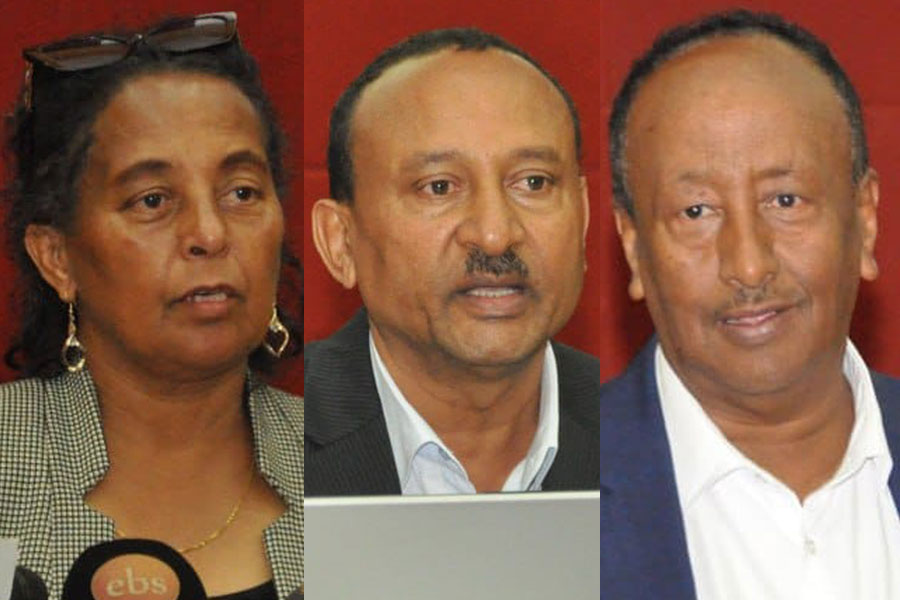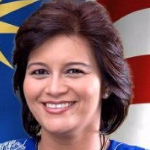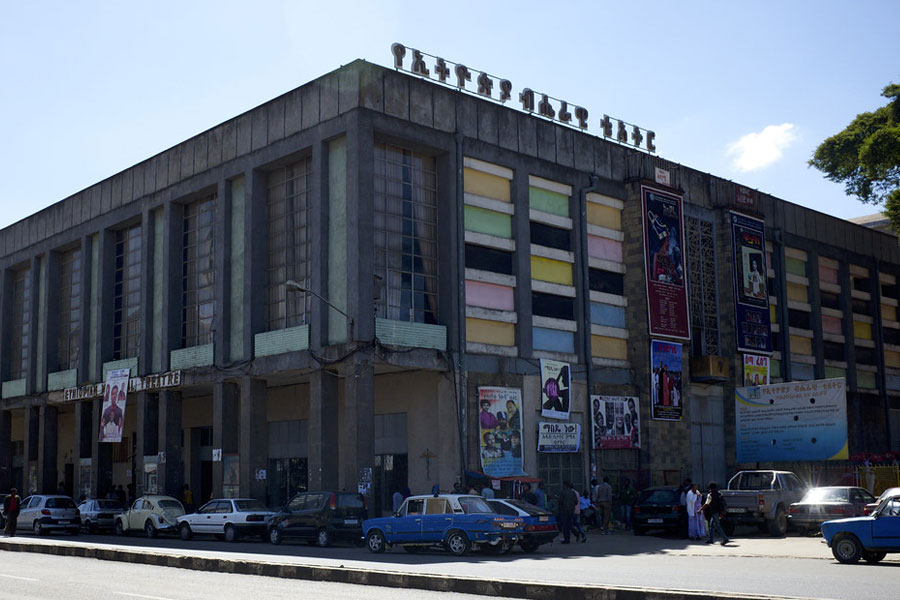
Nov 23 , 2024
By Azalina Othman Said
Corruption disproportionately affects the poorest and most marginalised communities, making it an economic and social tragedy as much as a political issue. According to the World Economic Forum, corruption costs the world economy an estimated 2.6 trillion dollars annually, or about five percent of the global GDP, leaving fewer resources for essential services in many developing countries.
At the end of October, the International Anti-Corruption Academy (IACA) held its annual meeting in Vienna. Representatives from 81 member states assessed progress on the organisation’s mission to fight corruption through education, capacity-building programs, and research. Digital tools can and should play an essential role in the effort to eradicate corruption. Governments can use them to increase transparency, promote accountability, and empower citizens.
However, the assembly concluded that technology alone cannot guarantee success. Policymakers should also commit to anti-corruption measures, deliver leadership and vision, and uphold the rule of law. For starters, technology can aid the fight against corruption by enabling the digitalisation of government services. Cumbersome bureaucratic processes all too often become breeding grounds for graft and bribery.
Digital platforms that streamline and automate such services would minimise face-to-face interactions and thus reduce opportunities for wrongdoing. For example, Estonia, a pioneer in e-government, has digitised nearly all of its public services, from tax payments to business registration, providing greater transparency and making it harder for corrupt officials to demand kickbacks.
Governments could also use blockchain technology and artificial intelligence (AI) to identify and prevent corruption. Blockchain-based public procurement systems would create a transparent and immutable record of tender processes. Governments have begun using AI and data analytics to track illicit financial flows, often costing billions of dollars in lost tax and customs revenue. AI could also detect patterns and anomalies that might indicate corruption, such as suspicious financial transactions or inconsistencies in procurement data. Such tools enable early intervention, which can stop corruption from growing unchecked.
Some of the world’s largest corruption scandals have been exposed by whistleblowers. To facilitate reporting of wrongdoing, policymakers should introduce encrypted systems allowing individuals to report corruption and bribery incidents anonymously. These platforms, coupled with social media, enable citizens to speak up quickly and without fear of retaliation, putting pressure on governments and businesses to act.
Despite the advances in digital tools for uncovering corruption, however, technology cannot prevent bad actors from finding workarounds. The digital divide between rich and poor countries means that citizens and officials in the developing world often lack access to anti-corruption tools, despite having the greatest need. This problem is especially pronounced in rural areas, where corruption tends to be more widespread, and people may not have the digital literacy or resources to use e-government services or online whistleblowing platforms.
For digital tools to be effective in combating corruption, the people in power should have the skills to spot wrongdoing and be aware of best practices. To that end, the IACA has focused its efforts on education and training programs. Ethics and moral reasoning should be integrated into school curricula starting from a young age. Public officials, business leaders, and law enforcement officers should receive regular training on the most effective and efficient anti-corruption measures.
Likewise, governments should uphold the rule of law by vigorously enforcing anti-corruption legislation and closing legal gaps. Convicting corrupt actors requires strong legal frameworks, an independent judiciary, and empowered law-enforcement agencies, without which even the best technology will fail to have any real impact.
Rooting out corruption is one of the defining struggles of our time, and we now have a new set of powerful digital tools at our disposal. But while technology can help detect and prevent wrongdoing, anti-corruption laws and the authorities tasked with enforcing them should be granted the authority to finish the job.
PUBLISHED ON
Nov 23,2024 [ VOL
25 , NO
1282]



Viewpoints | Jun 07,2020

View From Arada | Sep 24,2022

Radar | Dec 17,2022

Fortune News | May 04,2019

Photo Gallery | 175463 Views | May 06,2019

Photo Gallery | 165684 Views | Apr 26,2019

Photo Gallery | 156026 Views | Oct 06,2021

My Opinion | 136819 Views | Aug 14,2021

Dec 22 , 2024 . By TIZITA SHEWAFERAW
Charged with transforming colossal state-owned enterprises into modern and competitiv...

Aug 18 , 2024 . By AKSAH ITALO
Although predictable Yonas Zerihun's job in the ride-hailing service is not immune to...

Jul 28 , 2024 . By TIZITA SHEWAFERAW
Unhabitual, perhaps too many, Samuel Gebreyohannes, 38, used to occasionally enjoy a couple of beers at breakfast. However, he recently swit...

Jul 13 , 2024 . By AKSAH ITALO
Investors who rely on tractors, trucks, and field vehicles for commuting, transporting commodities, and f...

Oct 18 , 2025
The political establishment, notably the ruling party and its top brass, has become p...

Oct 11 , 2025
Ladislas Farago, a roving Associated Press (AP) correspondent, arrived in Ethiopia in...

Oct 4 , 2025
Eyob Tekalegn (PhD) had been in the Governor's chair for only weeks when, on Septembe...

Sep 27 , 2025
Four years into an experiment with “shock therapy” in education, the national moo...

Oct 18 , 2025 . By NAHOM AYELE
In a sweeping reform that upends nearly a decade of uniform health insurance contribu...

Oct 18 , 2025 . By BEZAWIT HULUAGER
A bill that could transform the nutritional state sits in a limbo, even as the countr...

Oct 18 , 2025 . By SURAFEL MULUGETA
A long-planned directive to curb carbon emissions from fossil-fuel-powered vehicles h...

Oct 18 , 2025 . By BEZAWIT HULUAGER
Transaction advisors working with companies that hold over a quarter of a billion Bir...